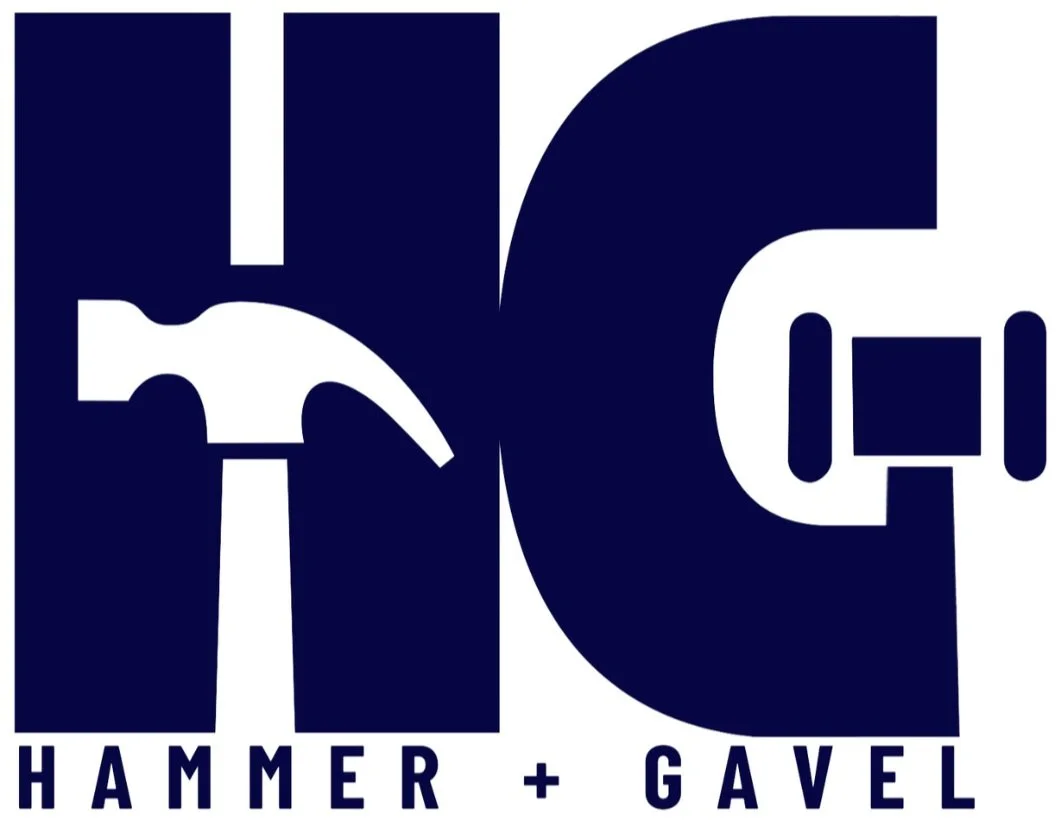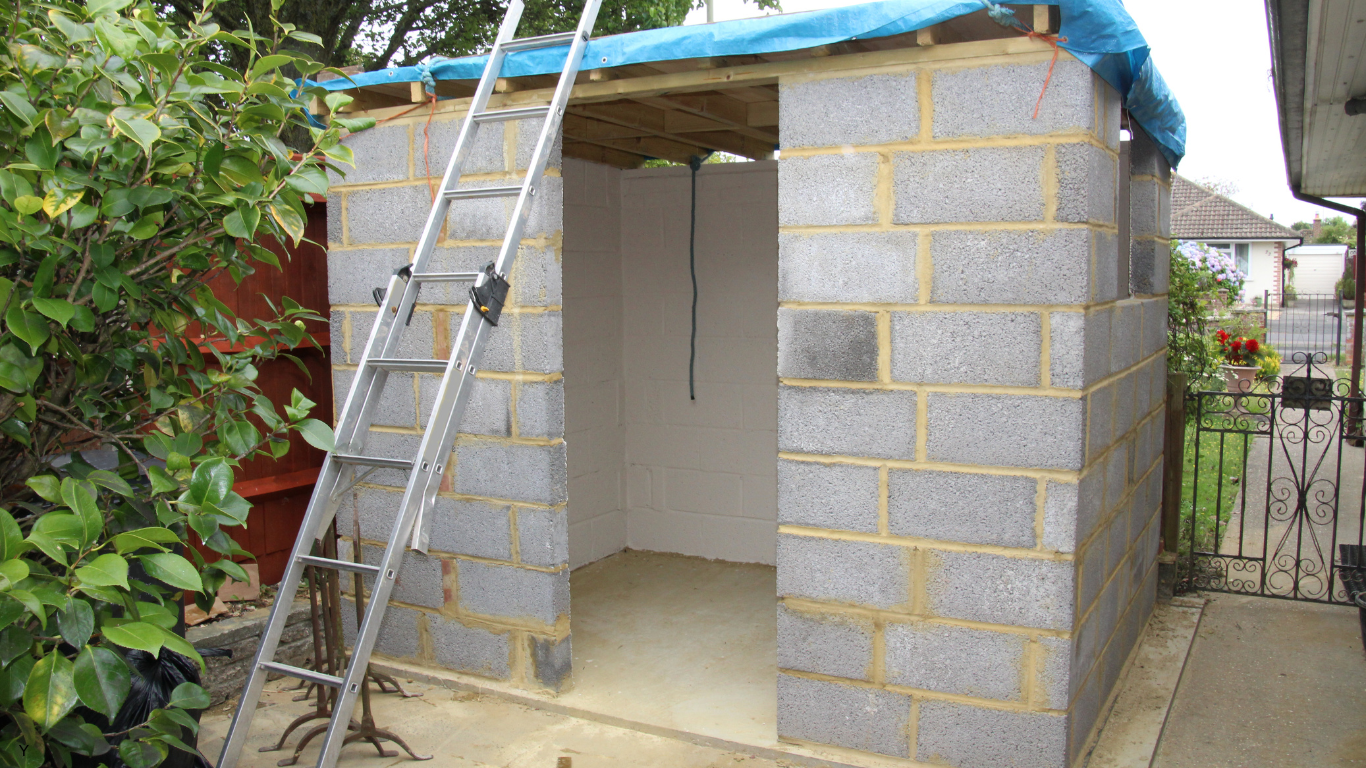New Statute Will Dramatically Impact Roofing Contractors and Contractors That Receive Insurance Proceeds
Senate Bill 76 adds multiple new sections to Florida’s laws, including Chapter 489, Florida Statutes, which governs Florida’s licensed contractors. This article will focus primarily on those changes, but be advised that Senate Bill 76 modifies portions of Chapter 624, 625, 626, and 627, Florida Statutes.
Most concerning to contractors, will be the addition of Section 489.147, Florida Statutes, which is a completely new addition to Part I of Florida’s Statute that governs state licensed contractors. You can click here to view the complete text of the bill, but an outline of the new provisions is as follows:
The new law prohibits contractors from directly or indirectly engaging in any of the following practices:
Soliciting a residential property owner by means of a prohibited advertisement
“Prohibited advertisement” means any written or electronic communication by a contractor that encourages, instructs, or induces a consumer to contact a contractor or public adjuster for the purpose of making an insurance claim for roof damage. The term includes, but is not limited to, door hangers, business cards, magnets, flyers, pamphlets, and emails.
"Soliciting” means contacting: (1) In person; (2) By electronic means, including, but not limited to, email, telephone, and any other real-time communication directed to a specific person; or (3) By delivery to a specific person.
Offering to a residential property owner a rebate, gift, gift card, cash, coupon, waiver of any insurance deductible, or any other thing of value in exchange for (1) allowing the contractor to conduct an inspection of the residential property owner’s roof; or (2) making an insurance claim for damage to the residential property owner’s roof.
Offering, delivering, receiving, or accepting any compensation, inducement, or reward for the referral of any services for which property insurance proceeds are payable. But, payment for roofing services does not constitute compensation for a referral
Interpreting policy provisions or advising an insured regarding coverages or duties under the insured’s property insurance policy or adjusting a property insurance claim on behalf of the insured, unless the contractor is also licensed as a public adjuster.
Providing an insured with an agreement authorizing repairs without providing a good faith estimate of the itemized and detailed cost of services and materials for repairs undertaken pursuant to a property insurance claim. A contractor does not violate this paragraph if, as a result of the process of the insurer adjusting a claim, the actual cost of repairs differs from the initial estimate.
Contractors who engage in one or more of these prohibited acts are subject to disciplinary proceedings under 489.129, Florida Statutes, and a fine of up to $10,000.00 per violation! Unlicensed individuals engaging in this conduct are subject to the penalties set forth in 489.13, Florida Statutes, and can also be fined up to $10,000.00 per violation. The actions of anyone acting on behalf of a contractor, whether an employee or non-employee who is compensated for soliciting shall be considered actions of the contractor.
Finally, contracts involving roof repair or replacement must included a notice to the residential property owner that the contractor may not offer to the residential property owner a rebate, gift, gift card, cash, coupon, waiver of any insurance deductible, or any other thing of value in exchange for (1) allowing the contractor to conduct an inspection of the residential property owner’s roof; or (2) making an insurance claim for damage to the residential property owner’s roof.
Section 626.854, Florida Statutes, is also being modified to prevent licensed contractors, or their subcontractors, from advertising, soliciting, offering to handle, handling, or perfoming public adjuster services unless licensed as a public adjuster. This does not prevent a contractor from suggesting or recommending that a consumer consider contacting his or her insurer to determine if the proposed repair is covered under the consumer’s insurance policy, except that contractors still cannot engage in a solicitation prohibited by the new statute.
These two revised sections of Florida’s Statutes, assuming they become law at the beginning of July 2021, will no doubt have a dramatic impact on the way many roofing and disaster recovery companies operate. If you are engaged in one of these industries, you should consult with your attorney about how your business operations may need to change, and the risks of failing to comply with the new statute.
About the Author
Jason Lambert is a Florida Board Certified Construction Attorney and Partner in the Construction Industry Practice Group at Hill Ward Henderson, in Tampa, Florida. He is also the founder and chief contributor to the Hammer & Gavel construction law blog. Jason focuses his practice on representing contractors, subcontractors, and materials suppliers throughout the state of Florida. Before law school, Jason spent a decade working in the construction industry, primarily as a project manager and operations director for both new construction and remodeling. He can be reached at jason.lambert@hwhlaw.com or 813-227-8495.






